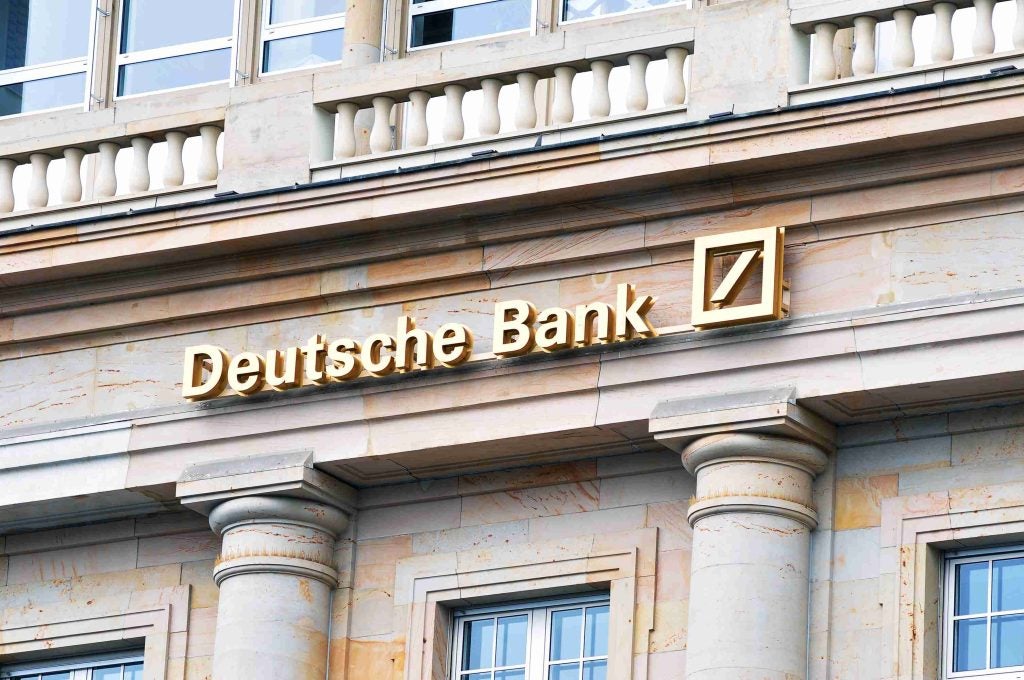Following the pandemic and the ongoing energy crisis, public finances are severely strained. As borrowing costs rise rapidly and deficits expand, governments are looking for ways to fill the hole. With global politics shifting, taxes on the wealthy look increasingly likely. Tax strategies will need to be revisited, and all wealth managers need to strengthen their tax advice.
Given that further tax rises on the general public have become politically untenable, politicians are turning to targeted taxes on the wealthy to manage excessive debt levels. The UK has already changed its capital gains tax rules in a bid to target wealthy individuals with financial assets by halving tax-free allowances to GBP6,000 in 2023/24 and again the following tax year. This may seem menial to many HNW and affluent clients, but it signals the beginning of a wider trend.
This sentiment is increasing globally. Colombia has recently introduced a new wealth tax on assets over $630,000, aiming to raise over $11bn from the country’s richest 2%, and has announced intentions to create a Latin American tax summit at the World Economic Forum (WEF) in Davos. Due to fear of capital flight, the Philippines stopped short of implementing its own wealth tax but signaled its intent to tax the rich through large levies on luxury goods as an alternative. The fear of capital shifting to friendly jurisdictions has long been a barrier to wealth taxes, so Colombia’s experiment could help build a base of evidence and, depending on its success, increase their appeal.
Political pressure will bring with it a greater chance of targeted taxation of the wealthy as governments search for ways to redistribute wealth and balance budgets. Brazil has recently re-elected Luiz Inácio Lula da Silva, who has promised to make the “wealthy pay the right amount in income and wealth taxes.” Oxfam, meanwhile, has joined the call for wealth taxes, emphasizing that the richest 1% accumulated 63% of new wealth created from January 2020 to December 2021 in a recent study. Even 200 “patriotic millionaires”, including Disney heiress Abigail Disney and actor Mark Ruffalo, used the WEF to urge governments to tax their wealth and tackle the cost-of-living crisis.
GlobalData’s Wealth Management Industry Conditions Analytics 2022 dashboard indicates that 68% of global wealth managers were very or extremely concerned over the tax treatment of investments and pensions. Despite concerns, changes are likely to be incremental, as no government will want to lose competitiveness in attracting investment in the short term. However, attempts to clamp down on tax efficiency schemes may prove a less controversial avenue for politicians and could challenge wealth managers in streamlining clients’ finances.
Wealth taxes may be likely, but they should also be gradual and minimal. Of the four countries in Europe with wealth taxes, none are all-encompassing and usually only apply to substantial holdings within that jurisdiction. This threat is within managers’ influence: those that stay on top of changes in tax regimes can generate value to clients by efficiently managing their tax exposure. Wealth taxes undoubtedly inflict a cost on clients’ portfolios, but they also present opportunities for advisors to demonstrate value.
How well do you really know your competitors?
Access the most comprehensive Company Profiles on the market, powered by GlobalData. Save hours of research. Gain competitive edge.

Thank you!
Your download email will arrive shortly
Not ready to buy yet? Download a free sample
We are confident about the unique quality of our Company Profiles. However, we want you to make the most beneficial decision for your business, so we offer a free sample that you can download by submitting the below form
By GlobalData







